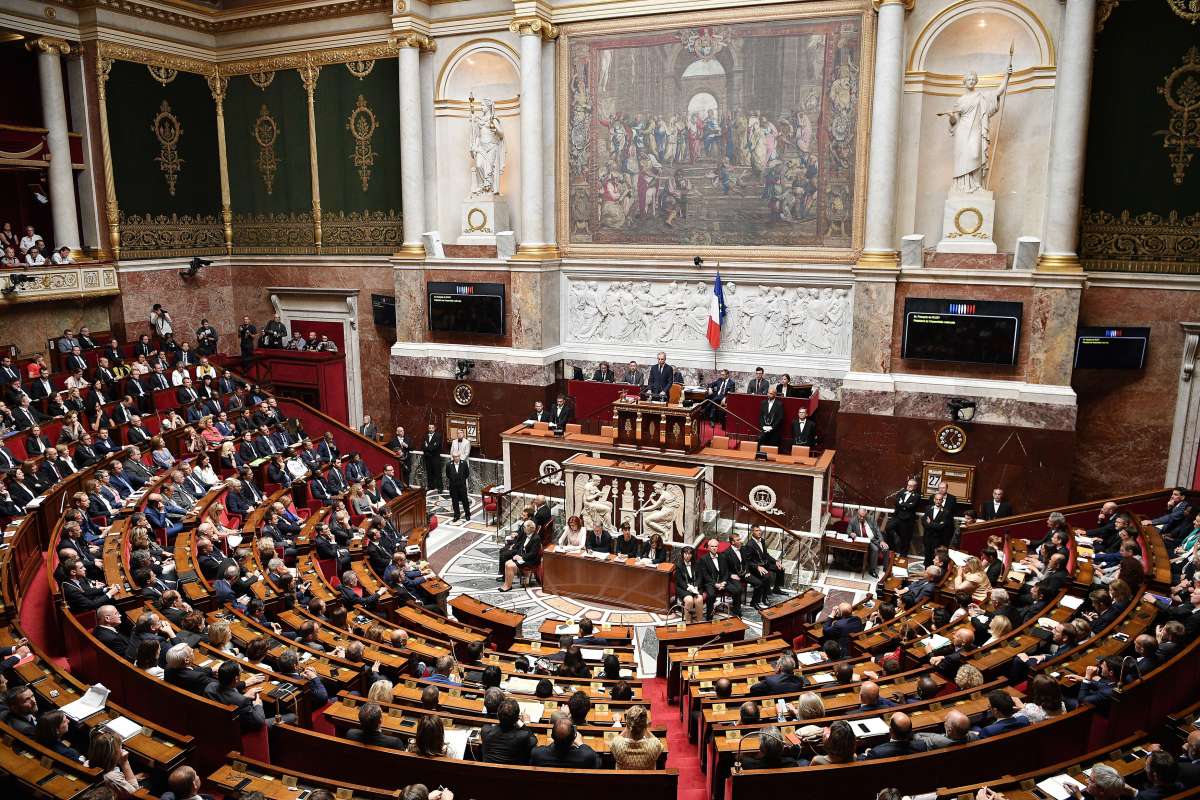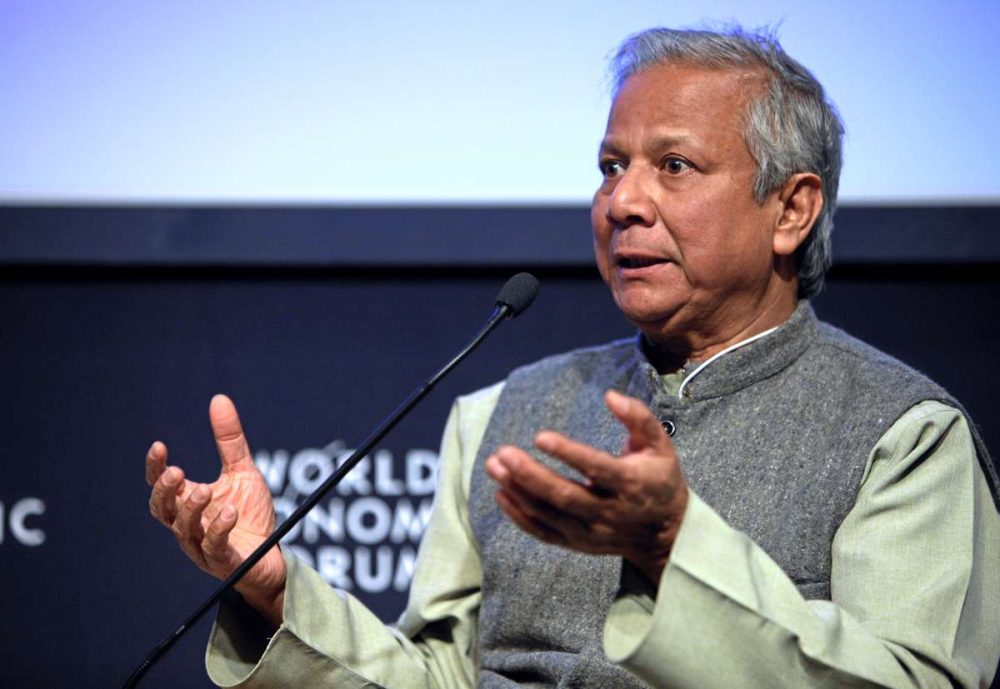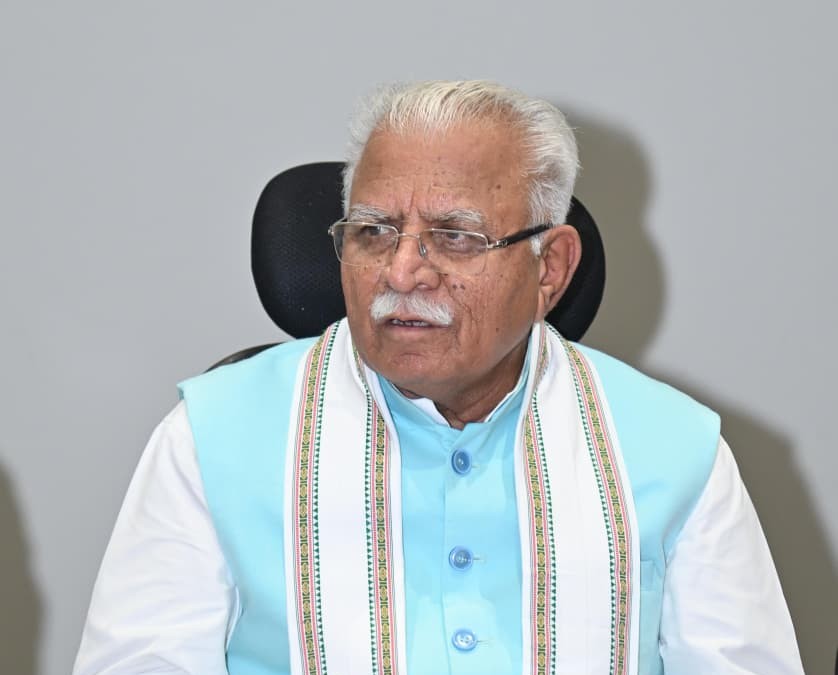It means the government’s “unpopular” pension reform bill is considered as adopted without vote in the lower house of Parliament….reports Asian Lite News
Two no-confidence motions against the French government failed to convince a majority in the National Assembly after hot debates followed by narrow votes.
It means the government’s “unpopular” pension reform bill is considered as adopted without vote in the lower house of Parliament. French President Emmanuel Macron now has 15 days to enact the law, Xinhua news agency reported.
The first multiparty motion, filed by the centrist opposition group LIOT, gained 278 votes on Monday afternoon among the deputies, only nine votes short of the 287 required to topple Prime Minister Elisabeth Borne’s government.
The second motion, tabled by the far-right National Rally party, only got 94 votes.
The French National Assembly is composed of 577 seats, but since there are currently four vacancies, the number of votes required to reach a majority is 287.
Borne on Thursday triggered an article of the country’s Constitution that allows the government to force passage of the controversial pension reform bill without a vote in the National Assembly.

Following the results of the two no-confidence motions, France’s largest union, the General Confederation of Labor (CGT), has called for “amplifying the mobilisation” and “participating massively in the rolling strikes and the demonstrations” on March 23.
Tensions also rose across France. Demonstrations in Paris and Lille were dispersed by the police with tear gas.
According to Paragraph 3 of Article 49 of the French Constitution, the prime minister may, after consulting with the Council of Ministers, impose the adoption of a bill by the National Assembly without a vote. The only way for the National Assembly to veto this is to pass a no-confidence motion against the government.
The prime minister laid out details of the pension reform plan in January, under which the legal retirement age would be progressively raised by three months a year from 62 to 64 by 2030, and a guaranteed minimum pension would be introduced.
Under the plan, as of 2027, at least 43 years of work would be required to be eligible for a full pension.














